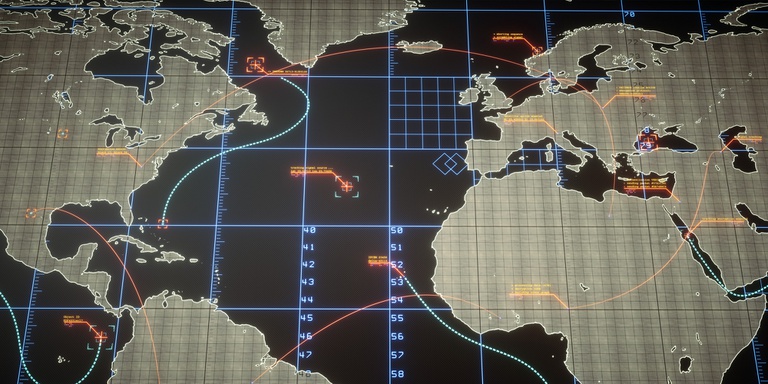
3rd place at the NATO Innovation Challenge for Christian Nitzl
16 Dezember 2020
The NATO Innovation Challenge was organized by the Italian Ministry of Defense and the NATO Innovation Hub. The goal is to attract innovative people and teams to find more effective and efficient ways for NATO and other operational organizations to ensure security and better respond to crisis situations.
Together, Dr Nitzl from CISS and Aleph Alpha form a consortium of experts from industry and academia that addresses the issue of trust, gamification (applying game-like elements in a non-game context), and the development of modern artificial intelligence (AI). The focus here is on defense and security.
Unmanned autonomous systems (UAS) have enormous potential due to their ability to handle complex and dangerous situations. However, there is a risk that underconfidence can hinder the use of UAS, especially when the tasks are as critical as, for example, mine countermeasures (MCM). Trust in UAS can be supported and strengthened by applying design (especially gamification) and innovative explanatory approaches (such as those used for AI algorithms, where actions may not initially make intuitive sense) to human-machine interaction.
Gamification can influence human motivation and perception
When it comes to influencing user perception and experience of information systems, gamification is one of the most promising approaches in recent years. It refers to the enrichment of information systems with design features of games to evoke playful experiences in non-game contexts. Various studies have shown that gamification can influence people's motivation and perception and change actual user behavior (adoption, engagement, performance).
Explainability refers to methods and techniques to make complex and opaque systems, such as UAS operations or AI algorithms, more transparent. This can be done with the Natural Language Processing (NLP) technique used in AI, which creates transparency by clarifying the current situation, explaining UAS processes and goals with the user. In summary, human trust can be strengthened through repeated experiences with UAS by introducing gamification and explanation elements, especially in critical application situations. User confidence in UAS alone will ensure that they can perform to their full potential.
In the context of his research, Dr. Nitzl is particularly concerned with the application of artificial intelligence in intelligence and security-related areas and human-machine interaction.
For more on Dr Nitzl's research see https://www.unibw.de/ciss-en/team/christian-nitzl.






